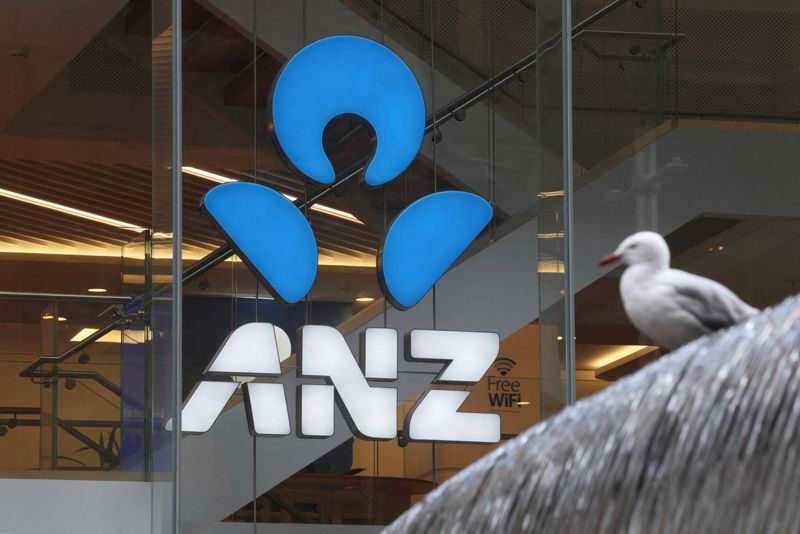ANZ Group has reached a significant agreement to pay A$240 million ($159.5 million) as part of a settlement with the Australian Securities and Investments Commission (ASIC), marking the largest penalty ever imposed by the regulator against a single entity. This settlement addresses a series of systemic failures, including allegations of acting “unconscionably” in a government bond issuance and the troubling practice of charging fees to deceased customers.
ASIC Chair Joe Longo criticized ANZ’s actions, stating, “Time and time again ANZ betrayed the trust of Australians.” This acknowledgment of misconduct comes at a challenging time for the bank, which recently announced plans to cut 3,500 jobs under the leadership of new CEO Nuno Matos as part of efforts to enhance profitability.
In a briefing following the settlement announcement, ANZ Chair Paul O’Sullivan emphasized the bank’s need for significant operational changes. “In reaching this settlement, we are acknowledging that we let our customers down, and I apologize unreservedly,” he remarked. Following the news, ANZ’s shares opened down by 1%, although they recovered slightly to a 0.35% decrease shortly thereafter.
Since 2016, ASIC has initiated 11 civil penalty proceedings against ANZ, totaling over A$310 million in penalties. ANZ has admitted to the allegations in each case. The recent settlement, which requires Federal Court approval, addresses five separate investigations involving ANZ’s Australian Markets and Retail divisions.
A key point in the investigation focused on ANZ’s actions during a A$14 billion government bond issuance on April 19, 2023. Instead of gradual trading, ANZ reportedly sold large volumes of 10-year Australian bond futures in a manner that applied “undue downward pressure” on prices, misleading the government about trading turnover data utilized for selecting bond issuance dealers. Longo pointed out the risks of placing public funds at jeopardy, stressing that “when public funds are put at risk, every Australian pays the price.”
O’Sullivan clarified that while the bank did not act with malice, it made serious errors in judgment, leading to the initiation of 50 “accountability reviews.” Adjustments in pay have been made for current and former staff involved in the markets trading business. The findings prompt O’Sullivan to assert the necessity for a profound transformation in the bank’s culture and operational practices.
The penalties also draw attention to extensive customer service failures at ANZ. The bank neglected to pay promised bonus interest to new account holders from July 2013 to January 2024 due to systemic issues. More critically, from July 2019 to June 2023, ANZ continued to charge fees to thousands of deceased customers, failing to identify which fees needed to be waived or whether charges incurred after death had been refunded.
Matos reiterated the imperative for change in the bank’s operations, underscoring the commitment to “getting again the basics right.” ANZ plans to submit its remediation strategy to the Australian Prudential Regulation Authority by the end of the month and anticipates expending A$150 million on reforms over the financial year ending September 30, 2026. The bank has previously terminated or suspended traders from its markets division due to allegations of inappropriate conduct.







